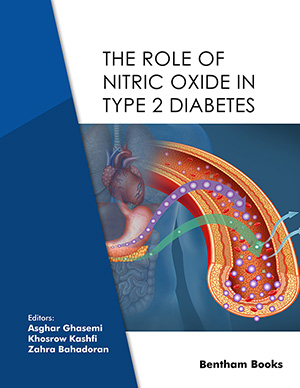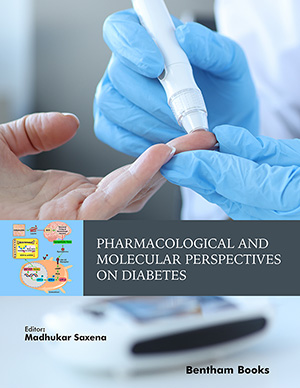
Abstract
Background: Limonoids are highly oxygenated triterpenoid compounds abundantly contained in citrus fruits. It has been reported that limonoids have several pharmacological activities such as anti-cancer, anti-malarial, and antimicrobial activities. Moreover, recent reports have indicated that limonoids may have a preventive effect on cardiovascular disease and metabolic disorders. However, very little information is available about the effects of limonoids on cognitive impairment due to Alzheimer disease and vascular dementia. In the present study, we investigated whether limonin, one of the major limonoids, has a preventive effect on cognitive dysfunction in a mouse vascular dementia model induced by chronic cerebral hypoperfusion.
Materials and Methods: Ten-week-old C57BL/6J male mice were subjected to bilateral common carotid artery stenosis (BCAS) using external microcoils. Mice were administered limonin (10 mg/kg/day) from 8 to 16 weeks of age. Spatial working memory was evaluated by the Morris water maze test at 16 weeks of age. Blood pressure was measured by tailcuff method. Cerebral blood flow was assessed by 2D laser speckle flowmetry.
Results: Chronic cerebral hypoperfusion induced by BCAS significantly impaired cognitive function compared with that of the control group. However, administration of limonin did not ameliorate cognitive dysfunction induced by BCAS. Moreover, cerebral blood flow was reduced by BCAS, but this reduction was not improved by limonin treatment. There was no significant change in blood pressure in each mouse.
Conclusion: Limonin had no apparent effect on cognitive impairment attributed to chronic cerebral hypoperfusion.
Keywords: Blood pressure, cerebral blood flow, cognitive function, common carotid artery stenosis, hypoperfusion, limonoid, limonin, Morris water maze, mouse model, spatial learning, vascular dementia.
 13
13









